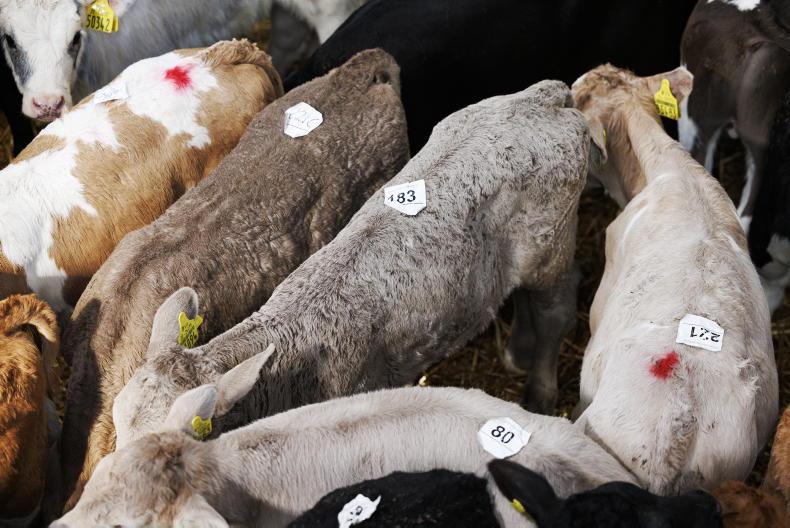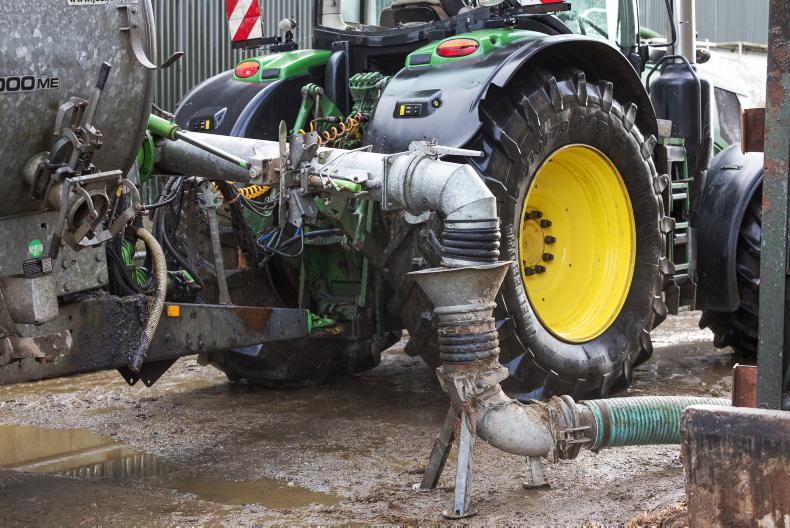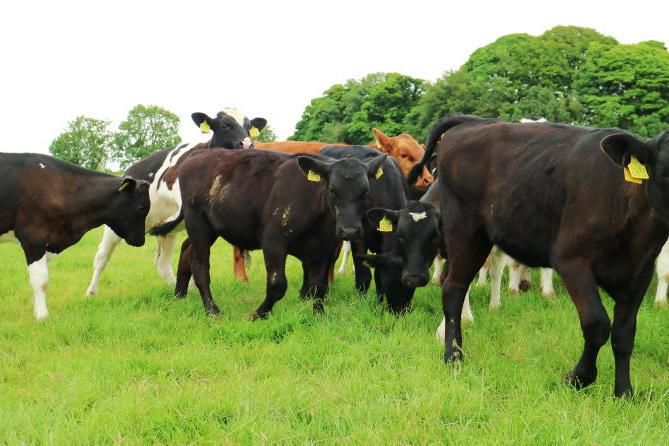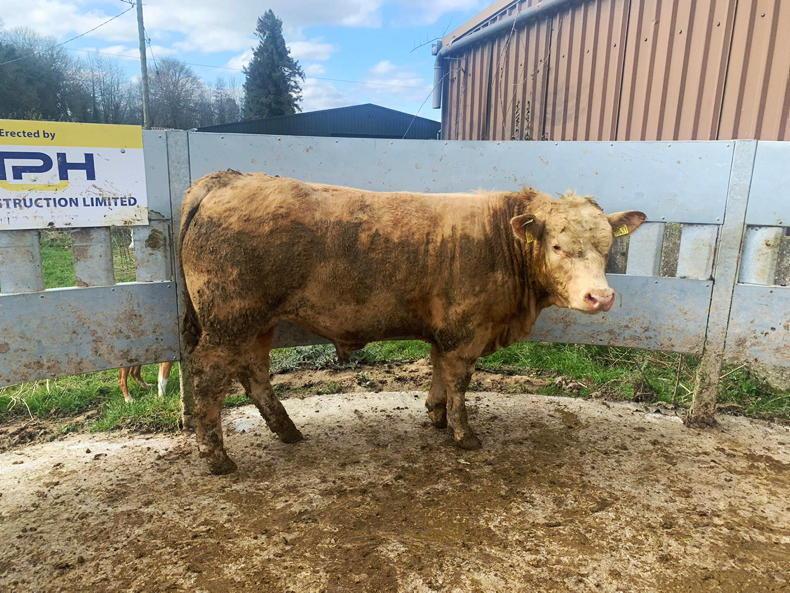The national bovine genotyping programme is to re-open next week for new farmer applicants, the Minister for Agriculture Charlie McConalogue has announced.
The application screens will go live on the Irish Cattle Breeding Federation (ICBF) website next Tuesday, 6 August at 2pm.
Over 10,600 farmers are currently enrolled in the scheme and over 1.3 million animals have been genotyped to date.
Farmers who take part in the scheme must be a member ofHerdPlus. For dairy farmers the cost of membership is €100 and 50c for evert cow calved, while beef farmers who are not in the Suckler Carbon Efficiency Programme (SCEP) will be charged €60 per year.
In addition, every calf born on the farm must be genotyped for four years at a cost of €6/calf.
Response
“The response to the programme has been very encouraging to date and by increasing participation, we are taking another significant step towards reaching my ambition of genotyping the entire national bovine herd,” he said.
The re-opening of the programme, which is open to both beef and dairy herd owners, is aimed at maximising the number of animals genotyped under the current cost-sharing model between the Department of Agriculture, industry, and farmers.
"The genotyping programme is already facilitating the delivery of tangible benefits in terms of breeding decisions, which will have a knock-on benefit for climate action, animal health and productivity at farm level,” the Minister said.
Commercial Beef Value
“Genotyped weanlings and store cattle that are being traded through marts have their Commercial Beef Value (CBV) displayed on mart screens. CBV is critical for rearers in purchasing animals and dairy farmers to receive feedback on breeding decisions.
"We have seen the influence of the CBV around the ring in recent months,” he added.
Seán Coughlan, CEO of ICBF said the re-opening of the programme builds on the excellent momentum gained over the course of the programme so far and will provide more Irish farmers with the tools to make informed, data driven decisions on farm.”
Read more
New genotyping scheme: your questions answered
The national bovine genotyping programme is to re-open next week for new farmer applicants, the Minister for Agriculture Charlie McConalogue has announced.
The application screens will go live on the Irish Cattle Breeding Federation (ICBF) website next Tuesday, 6 August at 2pm.
Over 10,600 farmers are currently enrolled in the scheme and over 1.3 million animals have been genotyped to date.
Farmers who take part in the scheme must be a member ofHerdPlus. For dairy farmers the cost of membership is €100 and 50c for evert cow calved, while beef farmers who are not in the Suckler Carbon Efficiency Programme (SCEP) will be charged €60 per year.
In addition, every calf born on the farm must be genotyped for four years at a cost of €6/calf.
Response
“The response to the programme has been very encouraging to date and by increasing participation, we are taking another significant step towards reaching my ambition of genotyping the entire national bovine herd,” he said.
The re-opening of the programme, which is open to both beef and dairy herd owners, is aimed at maximising the number of animals genotyped under the current cost-sharing model between the Department of Agriculture, industry, and farmers.
"The genotyping programme is already facilitating the delivery of tangible benefits in terms of breeding decisions, which will have a knock-on benefit for climate action, animal health and productivity at farm level,” the Minister said.
Commercial Beef Value
“Genotyped weanlings and store cattle that are being traded through marts have their Commercial Beef Value (CBV) displayed on mart screens. CBV is critical for rearers in purchasing animals and dairy farmers to receive feedback on breeding decisions.
"We have seen the influence of the CBV around the ring in recent months,” he added.
Seán Coughlan, CEO of ICBF said the re-opening of the programme builds on the excellent momentum gained over the course of the programme so far and will provide more Irish farmers with the tools to make informed, data driven decisions on farm.”
Read more
New genotyping scheme: your questions answered









SHARING OPTIONS